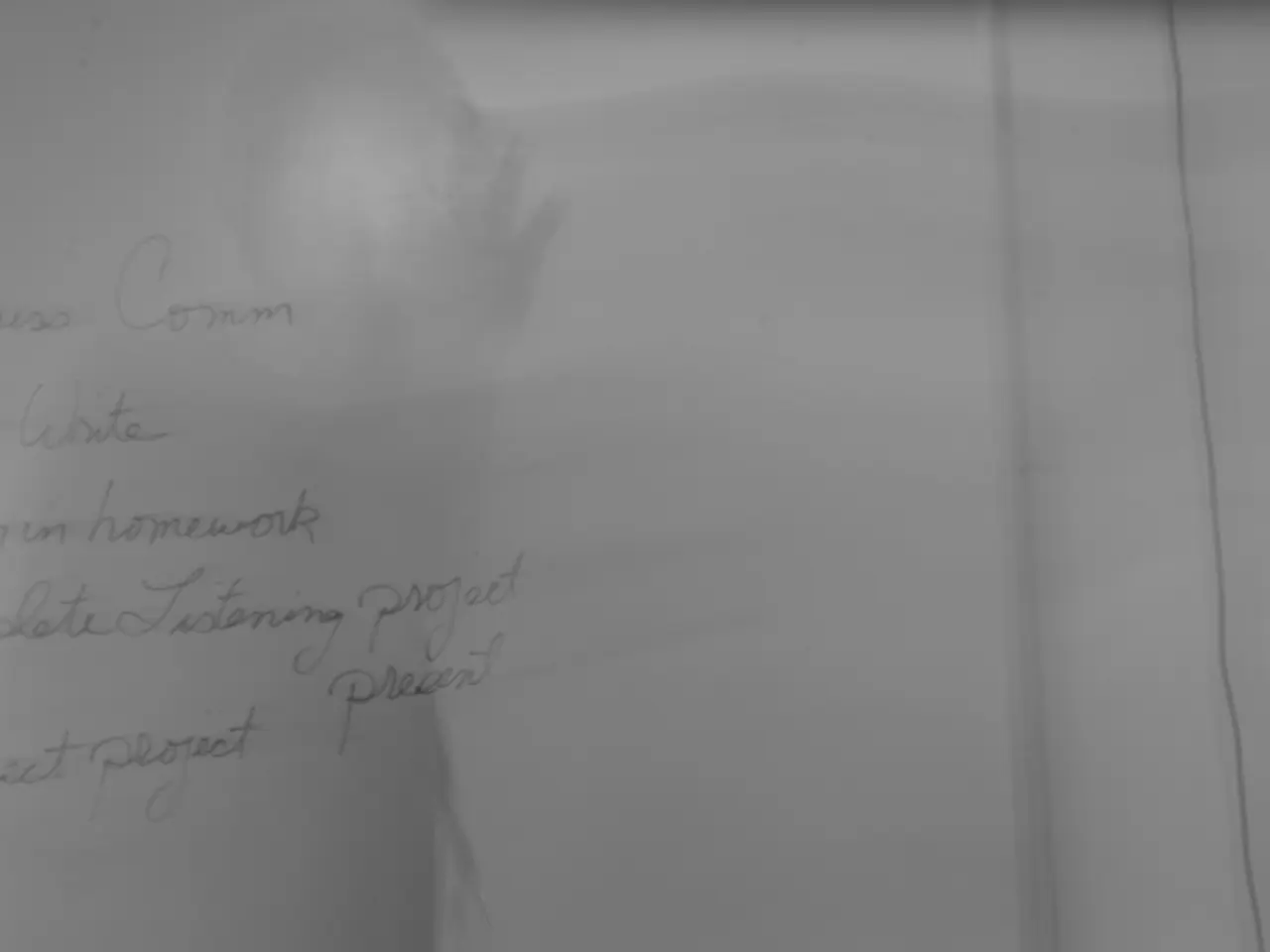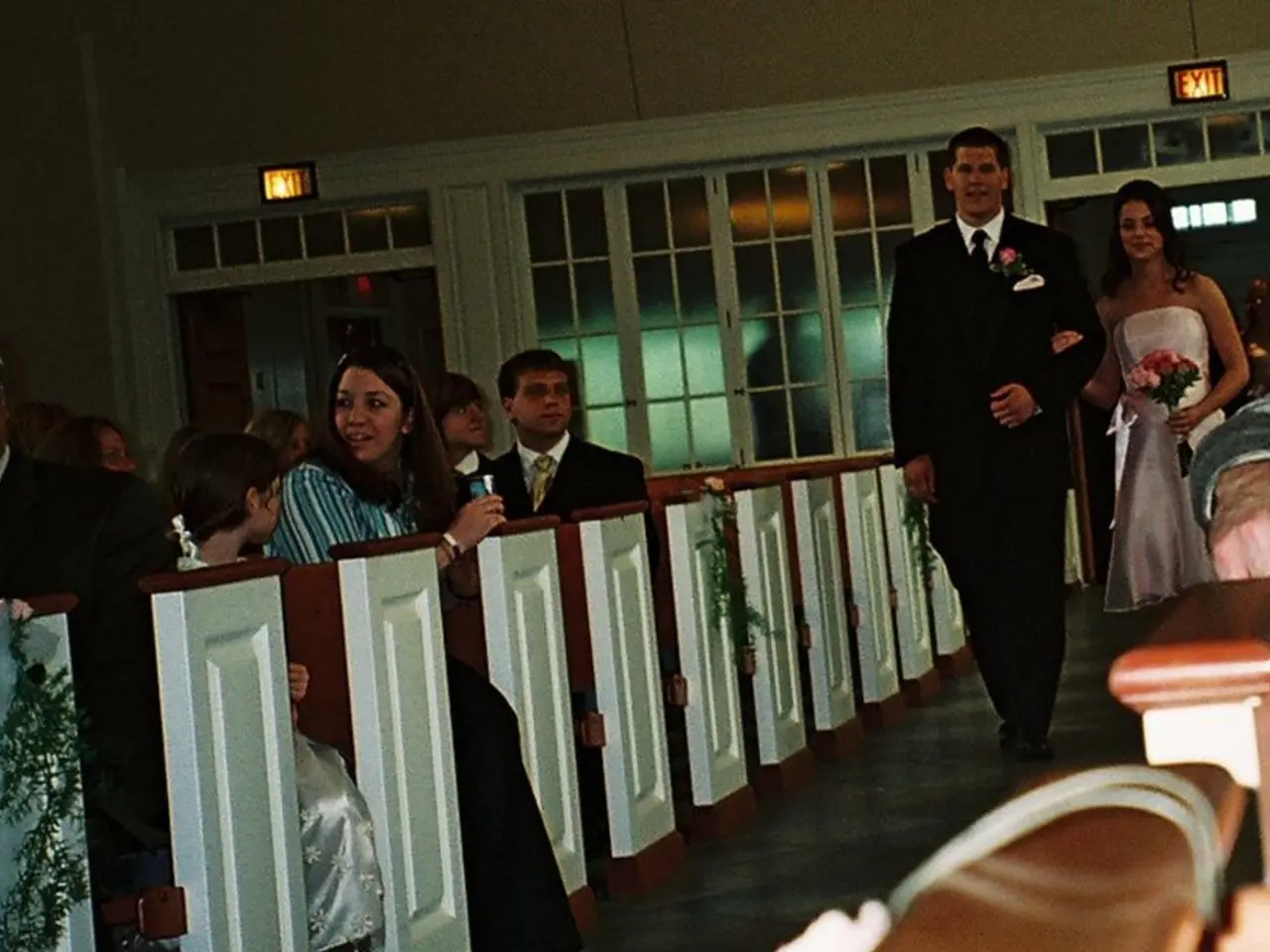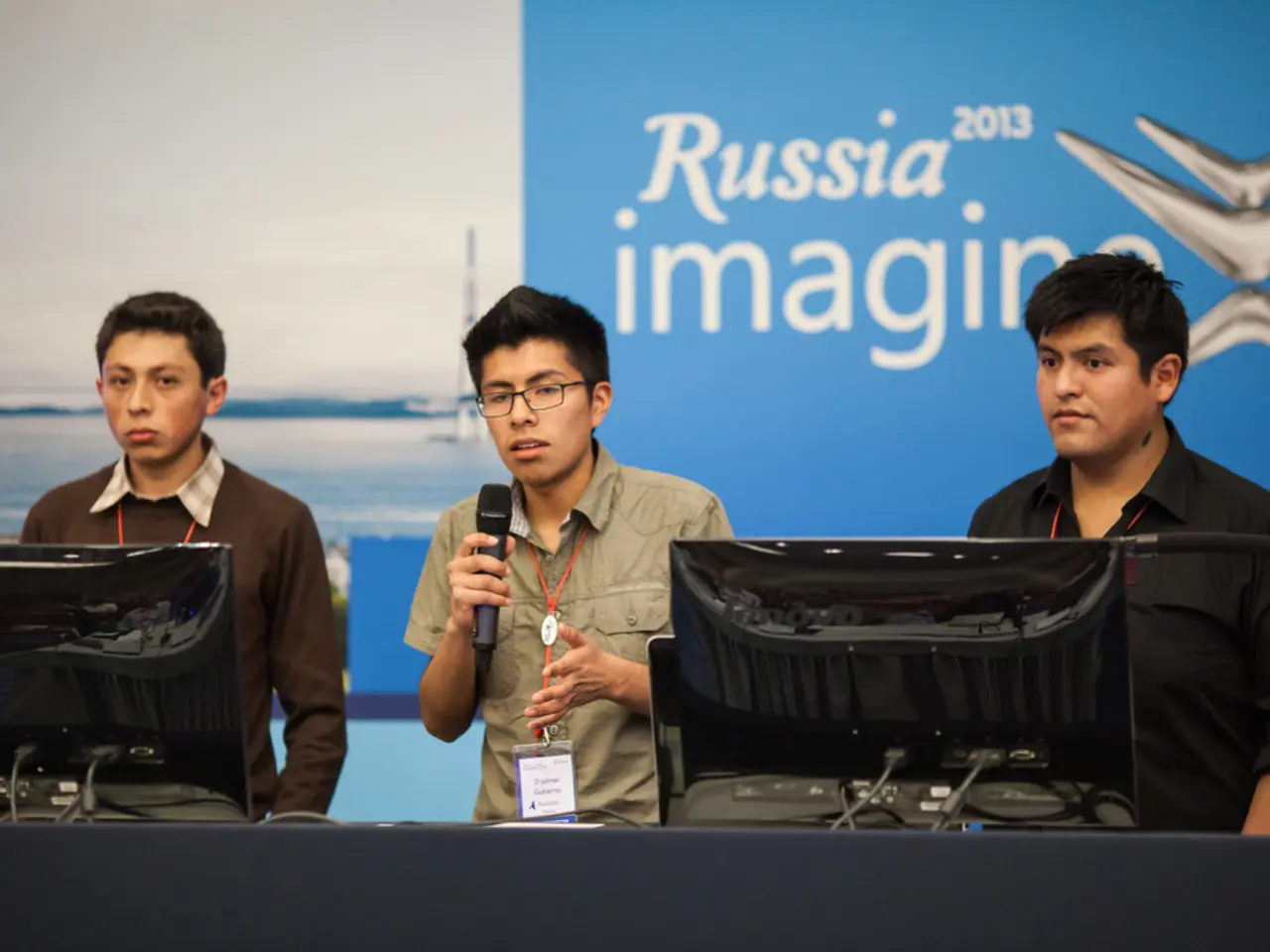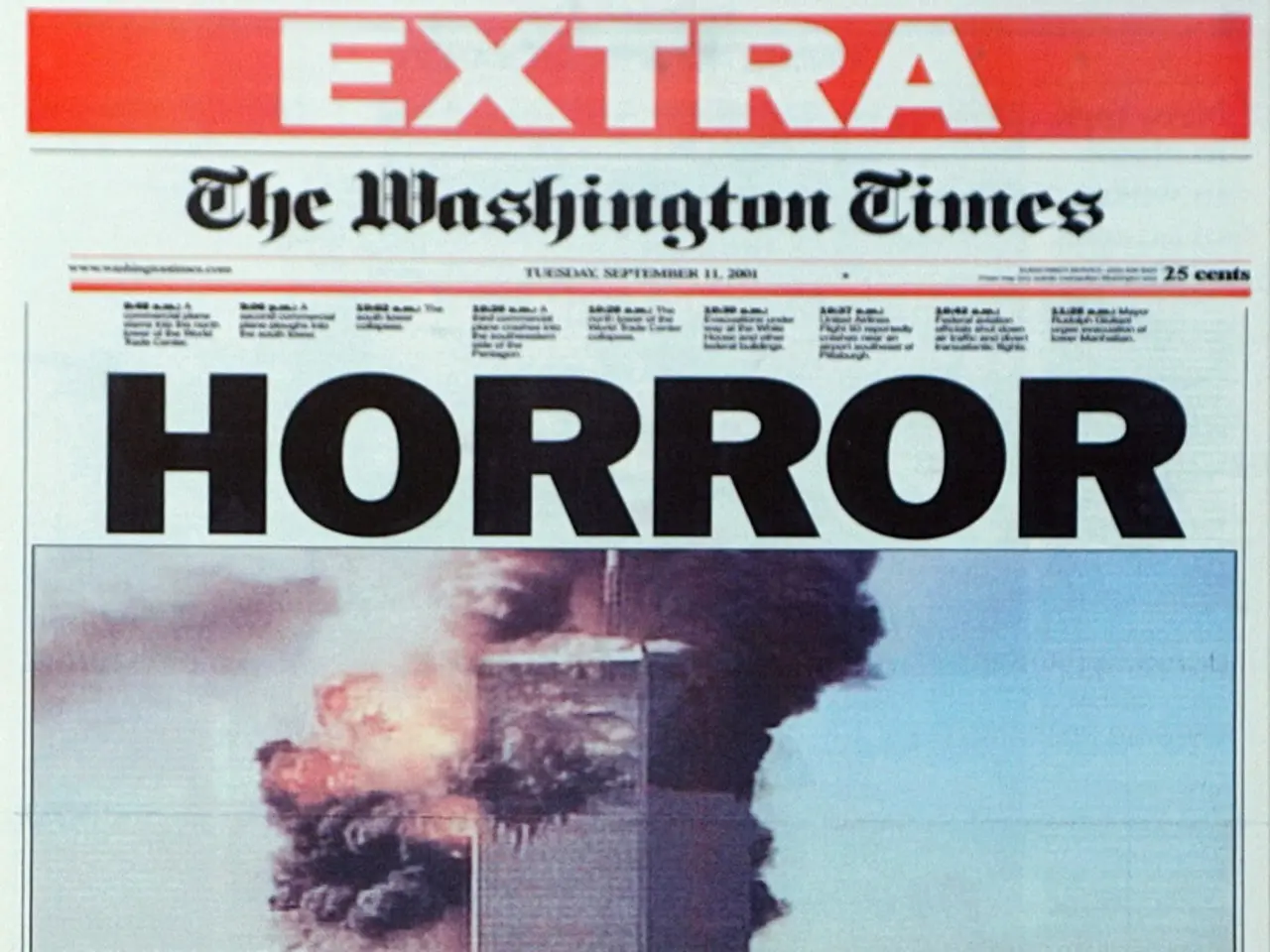Economic Surprises: Voters Disregard 'Experts' Opinions on Economy
In a recent episode of his podcast, "The Daily Truth," political analyst Anthony Russo has raised questions about the accuracy of economic forecasts made by mainstream economists. Russo, known for his incisive commentary, suggested that these economists have a poor record of predicting economic events, particularly when compared to the precision found in physical sciences.
Russo's criticism is not without basis. Econometric forecasting, despite its best efforts, has been described as a "fiasco" due to its unreliability[2]. Economic models frequently face problems like spurious correlations and ambiguous causality, which undermines the robustness of forecasts and policy prescriptions.
The current state of the economy seems to support Russo's claims. Despite the mainstream media and economists being critical of tariffs, Americans did not seem to buy the hype. The overall rating on the economy has improved from -26 points in April to just -8 today[1]. A Wall Street Journal survey finds the number of Americans rating the economy as "excellent" or "good" has surged by 11 points since April. Russo himself stated that the current economy is doing well, implying public happiness.
Russo's comments imply a contrast between the media's treatment of Trump's tariffs and Biden's actions on the same issue. He suggests that the opinions of mainstream media economists are based on personal dislikes towards the current occupant of the Oval Office. This criticism of political biases extends to their forecasting methods, with Russo claiming that they do not provide a real picture of the economy.
Russo's remarks also echo James Carville's famous quote, "it's the economy, stupid," emphasizing the importance of a strong economy in public satisfaction. However, Russo's statements imply that the media's portrayal of the economy does not significantly influence public sentiment.
In light of these concerns, Russo proposes the exploration of alternative forecasting methods like prediction markets to improve reliability. These mechanisms aggregate diverse information and financial incentives, demonstrating higher accuracy in forecasting outcomes compared to traditional expert predictions[4][5]. This growing recognition of the potential of decentralized forecasting mechanisms could revolutionize the field of economics.
Despite the criticisms levelled at mainstream economists, it is crucial to remember that their work is complex and fraught with challenges. The limited accuracy of their forecasts weakens their economic analyses and policy guidance, but it does not negate the value of their contributions to understanding and navigating the intricate world of economics.
[1] Source: Gallup Poll, https://news.gallup.com/poll/385286/economy-ratings-improve-8-points-june.aspx [2] Source: Mankiw, N. G. (2014). Principles of Economics. Cengage Learning. [4] Source: Camerer, C. F., & Johnson, S. M. (2009). Behavioral game theory: Experimental approaches to rationality. Princeton University Press. [5] Source: Wolfers, J., & Zitzewitz, E. (2004). Prediction markets and the wisdom of crowds. Journal of Economic Perspectives, 18(4), 173-192.
Economist Anthony Russo's comments about the economy reveal a contrast between the media's treatment of certain policies, such as tariffs, and the precision found in physical sciences, suggesting that political biases might influence their forecasting methods and policy prescriptions. In light of this, Russo proposes exploration of alternative forecasting methods like prediction markets, known for their higher accuracy, to revolutionize the field of economics.






